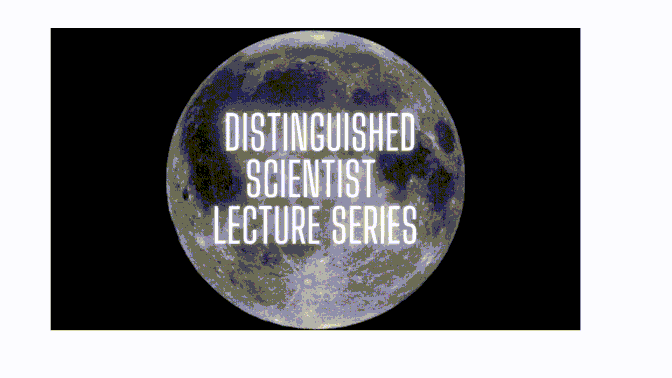
Discovering and Exploring the New Borane Continent
Loading...
Files
Download Transcript (288 KB)
Description
(This information was taken from the Distinguished Scientist Lecture Series Program 1987-1988).
A Nobel laureate, Dr. Brown is Wetherill Research Professor Emeritus at Purdue University, where he has taught since 1947. Born in London, England, Dr. Brown received the B.S. and Ph.D. degrees from the University of Chicago, where he did postdoctoral work and taught before joining the faculties of Wayne State University and subsequently Purdue. He has also held several visiting lectureships, including the Harrison Howe, Thomas W. Talley, Edgar Fahs Smith, Baker, and Henry Gilman lectureships, and was the Centenary Lecturer of the Chemical Society (London). Dr. Brown received the Nobel Prize in 1979 for his explorations of the role of boron in organic chemistry, particularly in the creation of organoboranes. In addition to the Nobel Prize honors for his work have included the Nichols Medal, the CS Award for Creative Research, the Linus Pauling Medal, the National Medal of Science, the Roger Adams Medal, the Charles Frederick Chandler Medal, the Priestley Medal, the Perkin Medal, and the A.LC. Gold Medal. He is a member of the National Academy of Sciences and the American Academy of Arts and Sciences, and an honorary fellow of the Chemical Society. Author of books and articles including Hydroboration, Boranes in Organic Chemistry, and The Nonclassical Ion Problem, Dr. Brown has contributed any articles to professional and scholarly journals.
His Work:. At a time when steric hindrance was considered to be "the last refuge of puzzled organic chemist;' Dr. Brown's studies of molecular addition compounds contributed to the reacceptance of steric effects as a major factor in chemical behavior. His studies on aromatic substitution led to a quantitative theory based on the new Brown + constants. His studies on applications of the borohydrides and diborance to organic synthesis have had revolutionary impact on synthetic organic chemistry. From his work on boron and in organic chemistry, he has undertaken to explore the chemistry of organoboranes, a chemistry that is proving unusually rich.
His Lecture: October 17, 1987: "Discovering and Exploring the New Borane Continent"
Keywords
Chemistry
Creation Date
October 17, 1987
Recommended Citation
Brown, Herbert C., "Discovering and Exploring the New Borane Continent" (1987). DSLS 1987-1988. 1.
https://digitalcommons.bard.edu/dsls_1987_1988/1
Transcript

